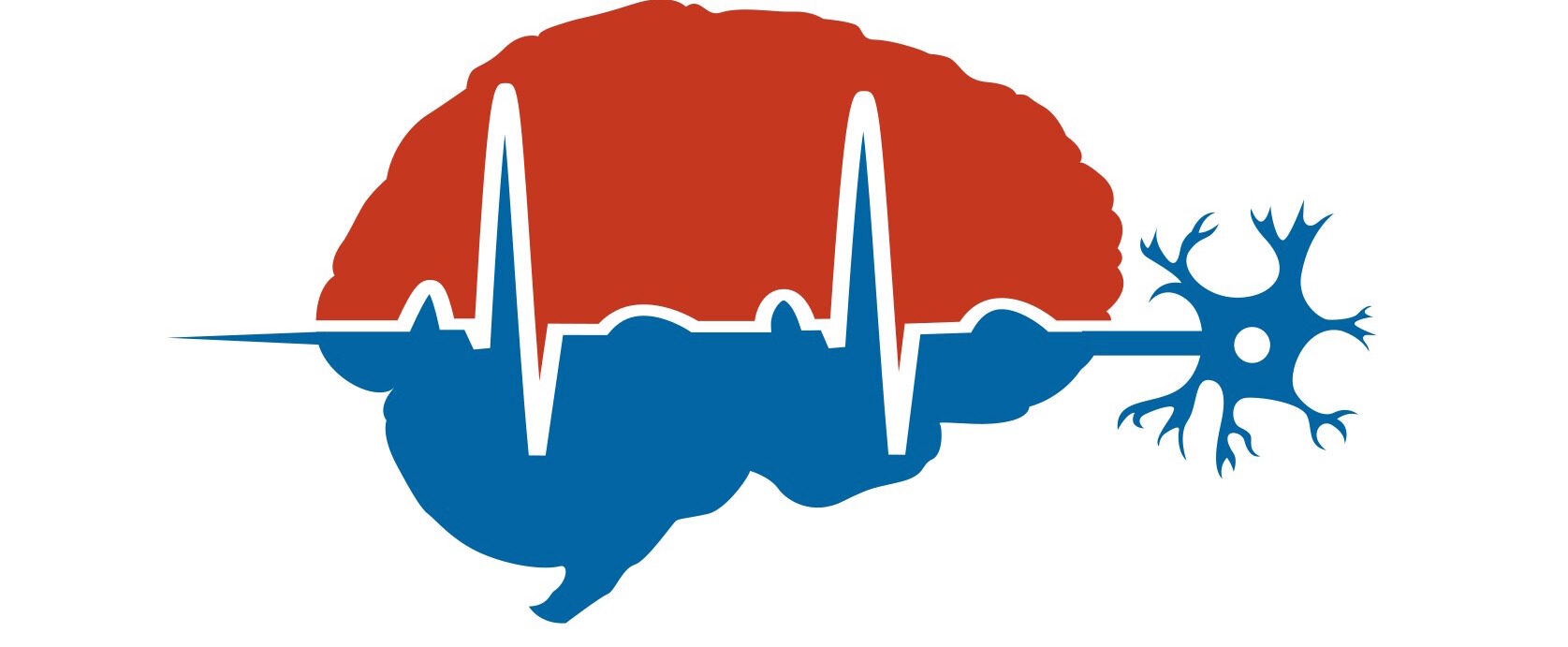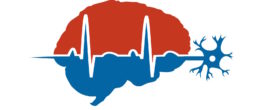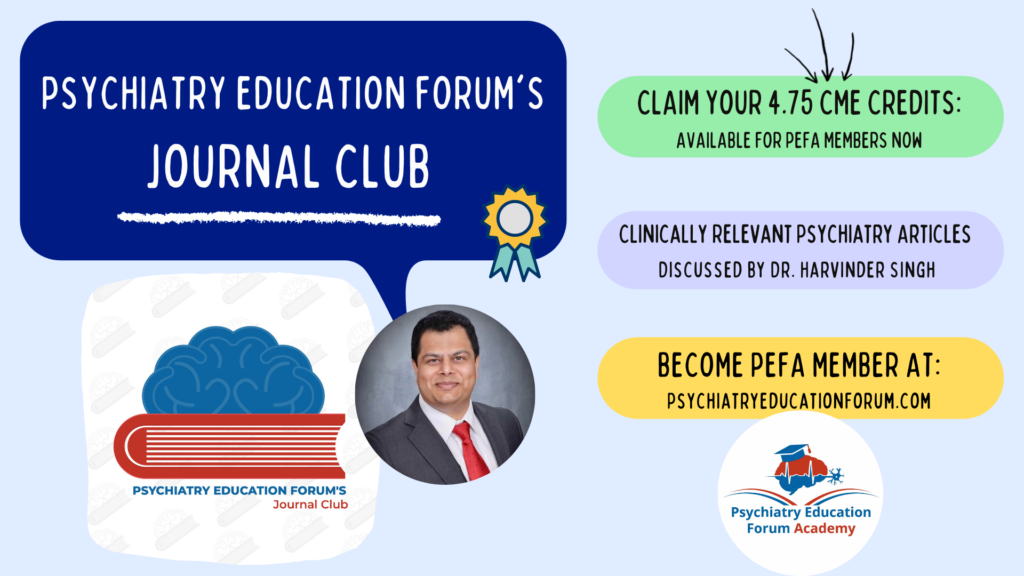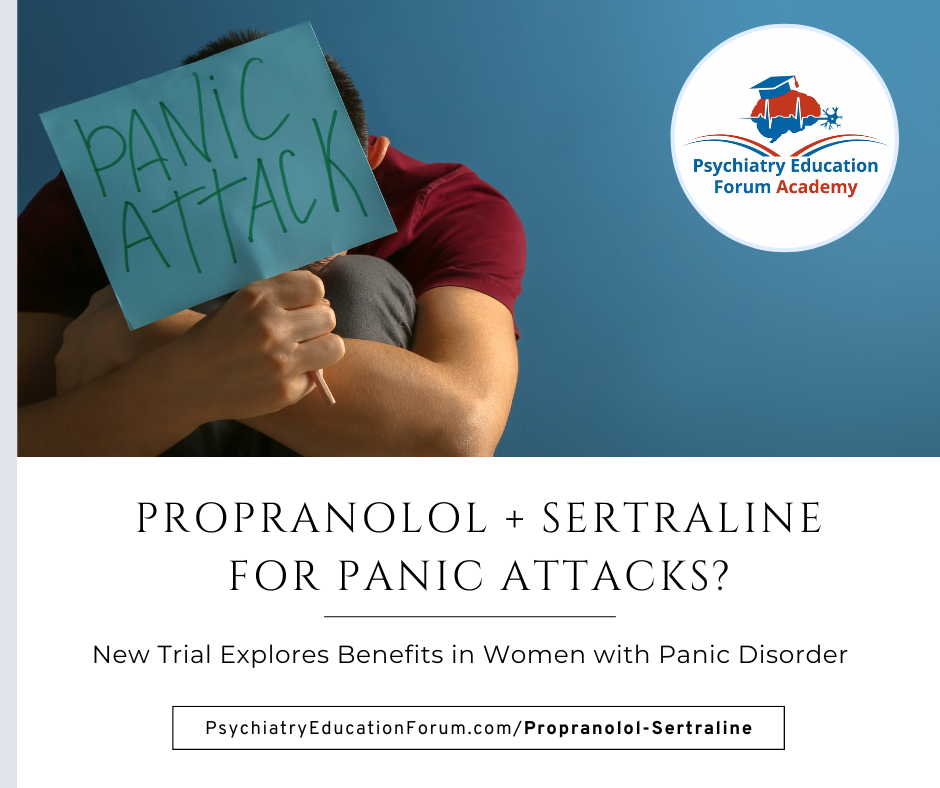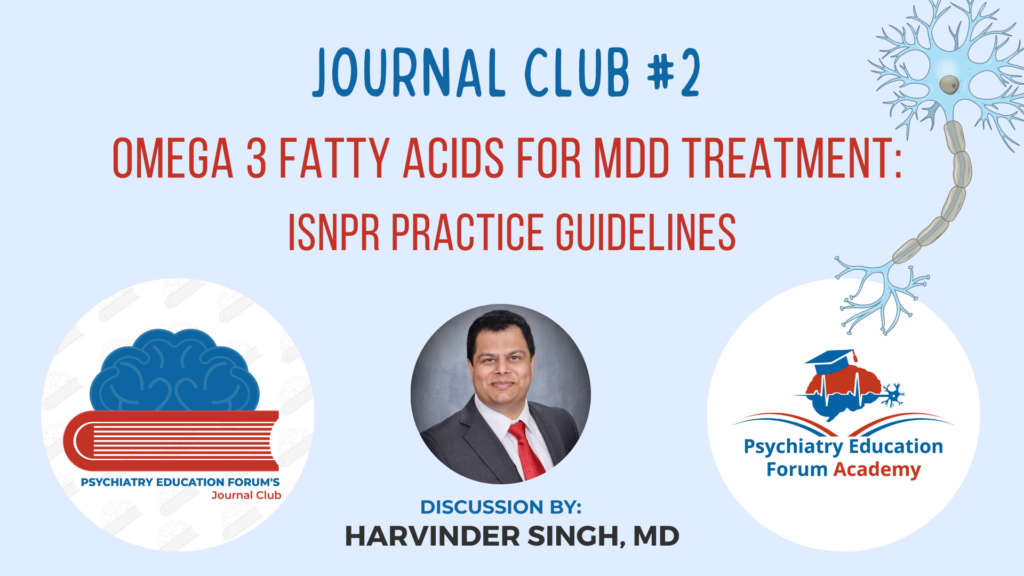Centanafadine: Non-Stimulant Option for ADHD That Works in Just One Week?
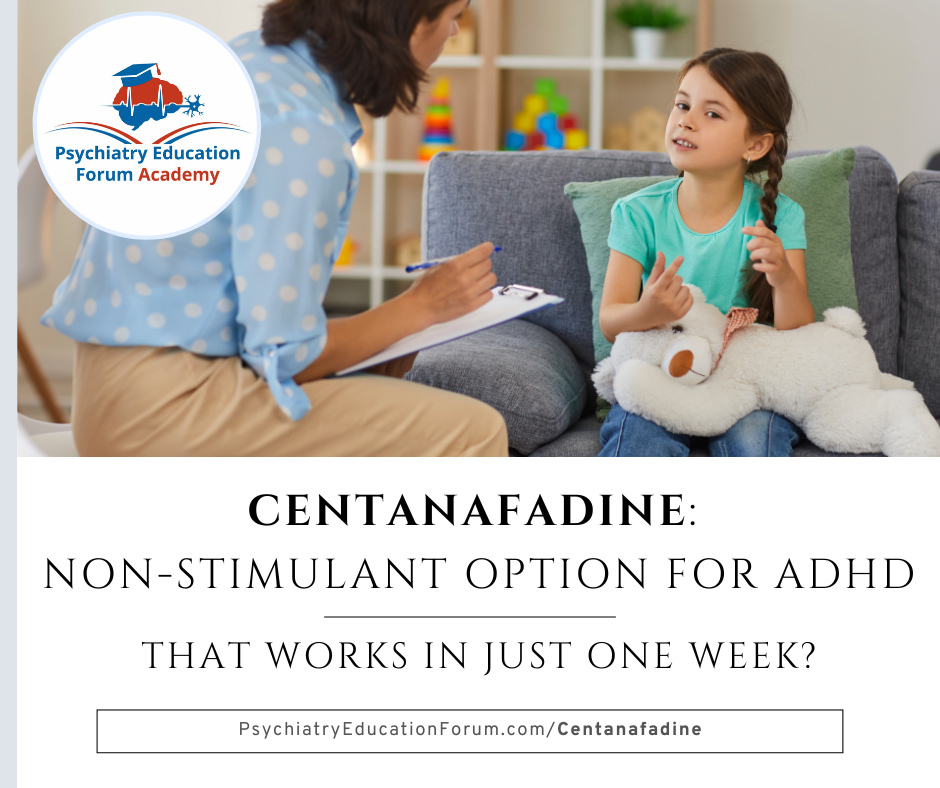

📌 Background
Finding safe and effective non-stimulant options for adolescents with ADHD remains a priority, especially for patients with concerns around stimulant side effects, misuse, or tolerability. A new randomized clinical trial evaluated the efficacy and safety of centanafadine, a novel norepinephrine, dopamine, and serotonin reuptake inhibitor (NDSRI), in adolescents aged 13–17 years with ADHD.
🧪 Study Summary:
This 6-week, double-blind, placebo-controlled trial enrolled 459 adolescents across 48 sites in North America.
Dosing:
- Participants were randomized to receive once-daily centanafadine at either 164.4 mg, 328.8 mg, or placebo.
- Dosing was fixed (no titration).
Primary outcome:
- Change from baseline in ADHD Rating Scale-5 (ADHD-RS-5) total symptom score at week 6.
Key results:
- Centanafadine 328.8 mg led to significantly greater symptom improvement than placebo (–18.5 vs –14.2; p = 0.0006).
- Clinical improvement was evident as early as Week 1 and sustained through Week 6.
- The lower 164.4 mg dose did not reach statistical significance.
- The higher dose also improved inattention, hyperactivity/impulsivity, and executive functioning scores on Conners 3–Parent Short scale.
Adverse events:
- Most common TEAEs at 328.8 mg: decreased appetite (15%), nausea (10%), headache (6%), and rash (6%).
- Most side effects were mild to moderate.
- No serious adverse events were reported for 328.8 mg.
- A small number (7.9%) discontinued due to side effects at the higher dose.
📊 Key Clinical Implications
Effective Non-Stimulant Option: Centanafadine 328.8 mg provides statistically and clinically meaningful symptom relief, with onset in the first week.
Multimodal Mechanism: By targeting norepinephrine, dopamine, and serotonin transporters, centanafadine may address broader ADHD symptoms including executive dysfunction.
Tolerability Profile: While side effects were more common at the higher dose, they were mostly mild, and no major safety signals emerged.
✅ Expert Commentary
This study reinforces centanafadine’s role as a viable non-stimulant candidate for adolescent ADHD, especially for patients with poor tolerance or contraindications to stimulants. Its efficacy, approaching effect sizes seen with other non-stimulants, is clinically relevant, and its broad neurotransmitter profile may be beneficial in real-world populations with emotional dysregulation or comorbid anxiety.
One limitation is the short duration—longer-term safety and effectiveness data are needed, especially regarding weight, growth, and emotional regulation. Still, these results are encouraging and add an important tool to the ADHD treatment landscape.
Want the latest research insights delivered straight to your inbox?
FOR ACADEMY MEMBERS:
We continue to review and summarize clinically relevant research to support your daily practice.
INTERESTED IN ACCESS TO THIS & OTHER CLINICALLY RELEVANT LECTURE SERIES?
JOIN ACADEMY MEMBERSHIP:
This is a closed membership for medical professionals only.
- 400+ Clinically Relevant Chapters: Each chapter within these sections is of direct clinical relevance for your daily practice. (Table of Content)
- Journal Club: we will post the most recently published psychiatry articles relevant to your daily clinical practice. (Read Content)
- Clinical Case Discussion: Dr. Singh (Psychiatry) and Dr. Kaur (Family Medicine) discuss clinical cases to integrate the clinical cases from Psychiatry and Medicine. (Read Content)
- Monthly Insights: Gain access to our monthly sessions featuring the latest on recent publications, new medication approvals, FDA updates, and more. (Monthly Insights)
- Discussion Forum & Community: Connect with other medical professionals and discuss your difficult-to-treat clinical cases. (Academy Network)
- Goal: is to have all important clinically relevant topics in one place for ease of access.
DISCOUNTS AVAILABLE FOR: Residents & Students ONLY.
Email us your student information (program information and way to confirm your student status) to: [email protected]
© 2025 All Rights Reserved.
